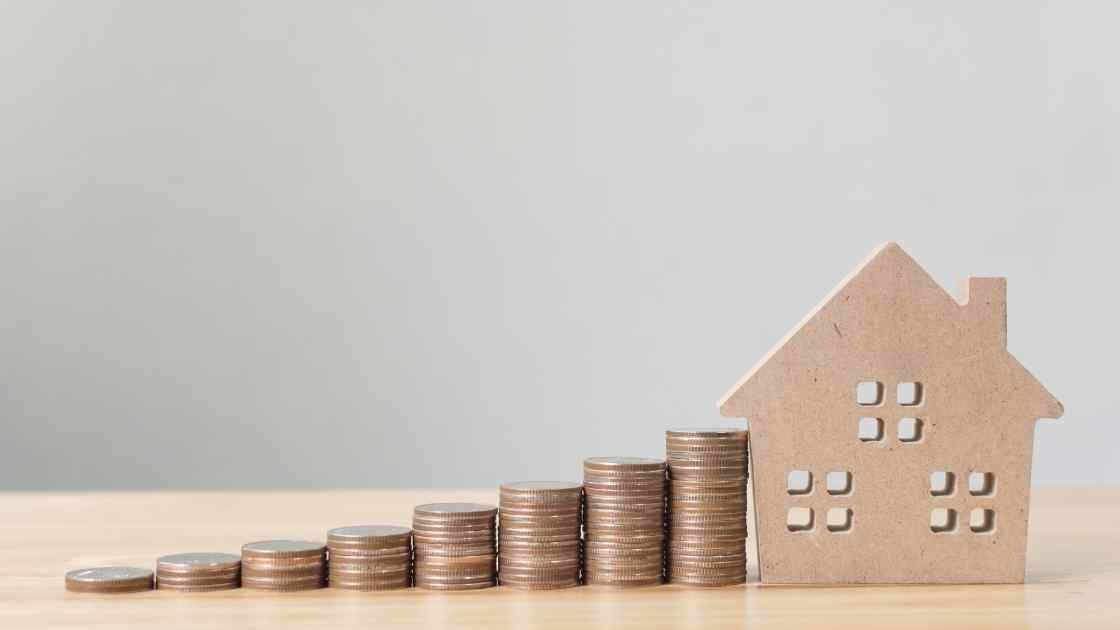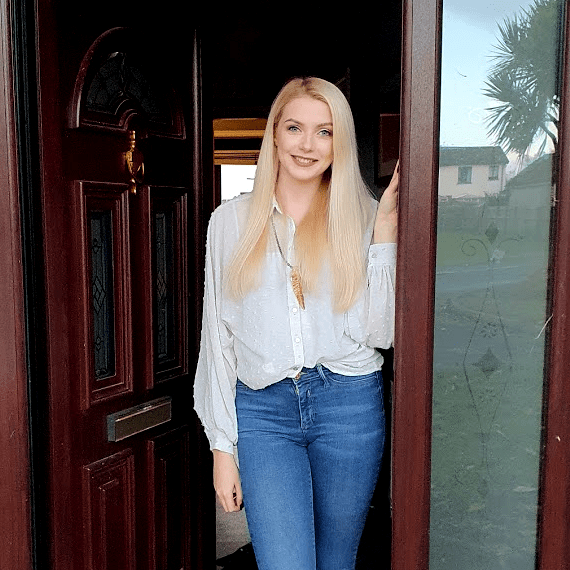Saving for your first mortgage deposit can seem intimidating... hey, aren't most 'first times'?
One, it’s a lot of money, and two, saving can be associated with sacrificing the fun stuff. How will you keep up your online shopping addiction? What about your social life? Did somebody say NO MORE takeouts?! No holidays?! Maybe I'll just stay at home with my parents forever instead....
DON'T PANIC.
It can be done. Saving for a mortgage deposit as a first-time buyer doesn't have to completely suck. We're here to help guide you.
1. Understanding The Deposit
What’s a mortgage deposit? A mortgage deposit is a lump sum of money typically 10% - 15% of the overall purchase price of your home property.
When planning how to save for your first mortgage deposit you need to understand how much is required and why. Let’s break it down.
- Deposits required by lenders can range from 5%, 10% to even 20% and higher.
- The amount needed for a deposit is calculated by: (£) Price of property + (*) Mortgage terms = (✓) Deposit amount.
- When you give over your deposit amount, this is what becomes your equity. Equity is the value of how much of your house you own. For example, if your mortgage is £100,000 and you have provided a deposit of 10%, this means you have £10,000 equity in the property.
Pretty much, equity is how much of the property is in your name and not borrowed from a bank or other lender. So, the higher the amount of deposit you give - the more equity you have in the property (a bigger share in the property.)
2. Understanding Deposit Percentage Rates
A deposit percentage rate is that 10% - 15% we mentioned earlier.
When looking at your first mortgage deposit choices, it can be easy to think that a lower deposit percent rate is the cheaper option. However, a lower deposit percentage rate means that you will end up paying more over time in interest.
The lower the deposit generally means the higher the interest rate on your mortgage. Whereas a bigger deposit percentage, like 15% or 20%, means you'll generally get a lower interest rate.
This will save you money over time as you pay off your mortgage in monthly installments.
3. Individual Savings Account (ISA)
A good savings account is an essential part of saving for your first mortgage deposit. Have you ever heard of a 'Help to Buy ISA'? Well unfortunately you're too late for that one as they closed earlier this year. BUT there's an alternative. An Individual Savings Account (ISA).
The government offers ISA Lifetime accounts to those aged 18-40 years old. These accounts can “be used to buy a first home or save for later in life”. You can put in “up to £4,000 each year” and “the government will add a 25% bonus to your savings, up to £1,000 per year.”
QUICK MATHS. SO... if you were able to save £8,000 into this account over 2 years, (which works out as £333 per month for 2 years), the government will give you £2000 on top! Bringing you to £10,000 which is equal to a 10% deposit on a £100,000 house. Now if you're coupled up and your partner did the same in their own name you could be talking £20,000 saved between you in 2 years. AKA a 20% deposit on a £100,000 property.
It’s a pretty good option if you're trying to save for your first mortgage deposit. Quite frankly, I'm a bit jealous!
4. How much do I need to save? Don't be like Rachel!
Many first time buyers (myself included) can be in denial about how much they need to save for their first mortgage deposit. 'Sure, I'll just put away as much as I can for the next year and see what I can get.', said 23 year old Rachel. She was WRONG. What actually happened was, because there was no goal, plan or budget she just spent it all every month and promised herself she'd start fresh the next month.
Make a plan and get organised.. don't be like 23 year old Rachel.
First, work out your affordability using a Mortgage Calculator to estimate how big a mortgage you can get. The exact amount will of course depend on your mortgage in principle provided by your Mortgage Broker down the line - but it doesn’t hurt to look and prepare!
Second, start thinking about your 10% - 15% deposit. What is 10% - 15% of your mortgage affordability? What is that total divided monthly over 2 years (or however long you have to plan) into your savings account?
Third, make an action plan and set up the direct debit (don't be scared) into your ISA Lifetime account.
You can also look into your ‘Loan to Value’ ratio, often referred to as ‘LTV’. LTV is a term used to describe your loan size in relation to total value of the property. It can show you what rate of mortgage you can expect to get by calculating:
Value Property + Amount of saved deposit money = Loan to Value ratio.
5. Actually Saving Money For Your Mortgage
Saving up money is one of the biggest obstacles in the way of you and your first-time mortgage. Like any obstacle, with research, guidance, and planning it can be broken down into something more manageable.
A scenario: If you were able to save £333.33 per month into an ISA Lifetime account you’d have £32,000 at the end of 6 years (inc. government bonus). The £32,000 is around average deposit (according to Halifax) asking price for a property valued at £212,500.
Ok, six years may seem intimidatingly distant and the amount of money needed can honestly put your head into a spin. To help centre your spin - here are 7 steps showing how and places where you can start to save now for your mortgage deposit as a first time buyer.
Right now you can start saving and setting aside mortgage-money by implementing the following:
- Open and use a savings account like ISA Lifetime, Credit Union etc.
- Reduce your rent / accommodation fees if you can by sharing with another or moving home with your parents.
- Limit unnecessary spending.
- Start setting aside savings when you get paid, not at the end of your paycheck. Setting up a direct debit for payday will help take the heartbreak out of saving!
- Set monthly saving targets and try to achieve them. If you fall of the wagon get back on it again for next month - life happens! But don't be like 23 year old Rachel.
- Don’t try to take money out of your ISA Lifetime until you are paying for your mortgage as they will charge a 25% transaction fee for this.
- If you are lucky enough to have found the person and want to live with, you can combine your finances and ISA Lifetime savings to put towards your new home. Friends can also commit to a mortgage together.
Saving for a deposit may require lifestyle changes; cutting non-essential coffees, double measures on your nights out, sacrificing a holiday for a couple of years, dinners out or gym memberships etc. Take a look at your outgoings. Make a spreadsheet if you're that way inclined. You will need to save where you can.
There are lots of money-saving apps out there for you to use, it is 2020 after all - give them a try and see what works! You can identify bad spending habits and set up a mortgage deposit pot to transfer into your savings account.
REMEMBER, reward yourself - but don’t over do it. It’s a balance between resilience and celebration. Keep your eye on the goal and remember why you started - the dream first home!

